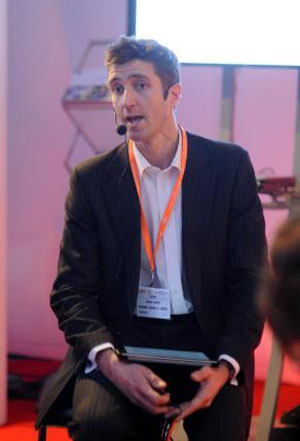Science: Unlocking Potential
Dr Caroline Oprandi Keeping you up to date with science and technology at PACA
This article by Philip Avery from Bohunt School is so good that I thought I should share it. It really does highlight how to address STEM (Science, Technology, Engineering and Maths) within schools.
“We hear a lot in the media about the need for more engineers, for our students to be more ‘work ready’ and for our education system to improve. I wanted see what other countries are doing and how they are answering these challenges. In doing so I found lots of great ideas, but also I learnt that maybe we’re looking for some of the wrong things.
We are looking for more able students to go on to be engineers when we should be ensuring that every student leaves secondary school ‘STEM literate’. By looking for more engineers we ignore, to an extent, that quality counts; we don’t just want more, we want more British engineers who have creative, quirky minds that can come up with transformational ideas, not just superbly engineered products. Finally, schools need to be asking ‘what can we do for them’ not just ‘what can they do for us’ when linking with businesses.”
Without a simple, clear vision for the sort of learning and learner that a school is looking to develop, the best technology and the best learning environments will become distractions rather than aids. In Sweden, where the government pays for every child to have a tablet or laptop, this initiative has seen every sort of impact from hugely positive to negative.
Businesses, universities and schools need to build in-depth, long term partnerships, not interact through one off ‘inspiration’ events. Teacher training is crucial and we need to think broadly about how we do it. Priorities could be Initial Teacher Training for engineers that qualifies them to teach multiple STEM subjects as well as ‘STEM lessons’.
Phil says, “I visited some really innovative programmes and was particularly impressed by the ambition of schools like High Tech High in San Diego, the Science Leadership Academy in Philadelphia and Metameer in Boxmeer. These were schools with a clear vision for education, unafraid to follow it even if it didn’t link directly to exam results. These schools were committed to innovative, yet rigorous education and the students were achieving more than you would think possible: work experience that involved training UK teachers in Project Based Learning, patents to improve wind turbines and improvements in the manufacturing processes of the petrochemical industry.”
“What British schools do really well is classroom craft; there were few places I went where the quality of explanation, the differentiation and the rigour were better. However, too often, education combining content, skills, creativity and a focus on process are confined to after school. We want to bring STEM, real world working and education that will inspire students about STEM subjects to the heart of the curriculum so it can be enjoyed by all, rather than those already motivated.”





















